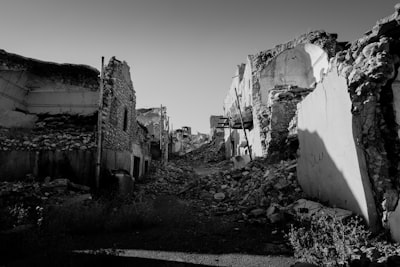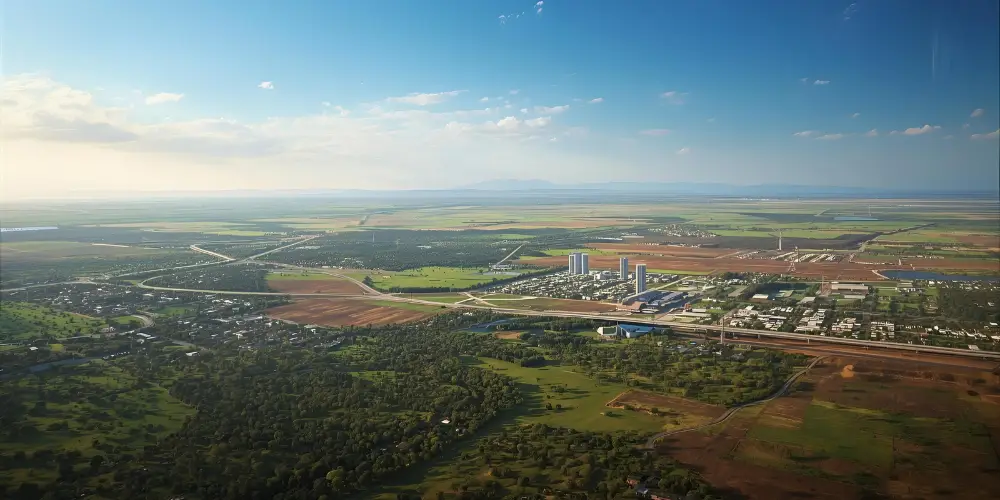The Horn of Africa has once again become a focal point of international concern as tensions between Eritrea and Ethiopia intensify. While neither nation has issued a formal declaration of war, the rhetoric from both governments, coupled with military movements along their shared borders, suggests that the possibility of open conflict is becoming increasingly real.
War Without Declaration
Analysts point out that conflicts in the region often escalate long before official war announcements are made. In the case of Eritrea and Ethiopia, both sides appear to be engaging in behaviors typically associated with wartime—deployments, cross-border accusations, and political statements steeped in hostility. This has led observers to question whether the two countries have effectively entered a state of war in all but name.
Historical Wounds and Lingering Suspicion
The relationship between Eritrea and Ethiopia has long been defined by mistrust. Despite the peace accord signed in 2018, the scars of decades of hostility, including the brutal border war of 1998–2000, remain fresh. Both nations accuse the other of undermining stability in the Horn of Africa, and each side continues to view the other’s military posture with suspicion.
Rhetoric Turning into Reality
Government officials and state media outlets have increasingly adopted confrontational tones, warning of possible aggression and justifying military readiness. This warlike rhetoric is fueling public anxiety, both domestically and regionally, and is being interpreted by many as preparation for a more serious confrontation. Words, in this volatile context, are beginning to take on the weight of actions.
Regional Implications
Any armed clash between Eritrea and Ethiopia would have far-reaching consequences for the Horn of Africa. Neighboring countries—many already grappling with their own internal conflicts—could be drawn into a wider crisis. Trade, humanitarian aid delivery, and regional cooperation would face severe disruption, adding new layers of instability to an already fragile region.
International Concerns
The international community is monitoring developments closely, with the United Nations, African Union, and neighboring states calling for restraint. Diplomatic pressure is mounting on both sides to avoid another catastrophic war that could displace millions and worsen an already dire humanitarian situation across the Horn of Africa.
Conclusion
Although Eritrea and Ethiopia have not officially declared war, the atmosphere between them strongly suggests a slide toward open conflict. Escalating rhetoric, military posturing, and deep-rooted mistrust are laying the groundwork for renewed violence. For the sake of regional peace and security, urgent diplomatic efforts are needed to defuse tensions before they ignite into another devastating war. The question remains: will leaders choose the path of dialogue, or will history repeat itself on the battlefields of the Horn of Africa?
for more news : africaciviclens.com




